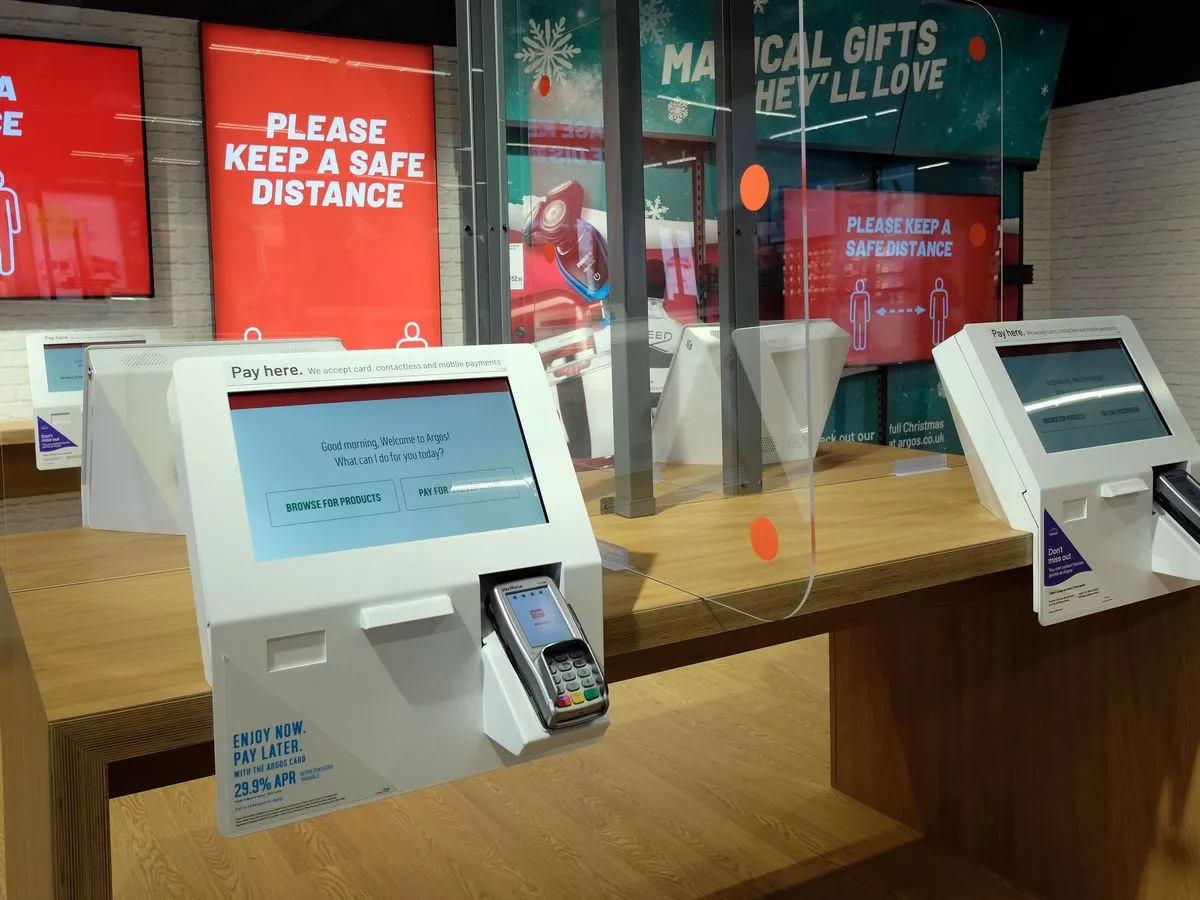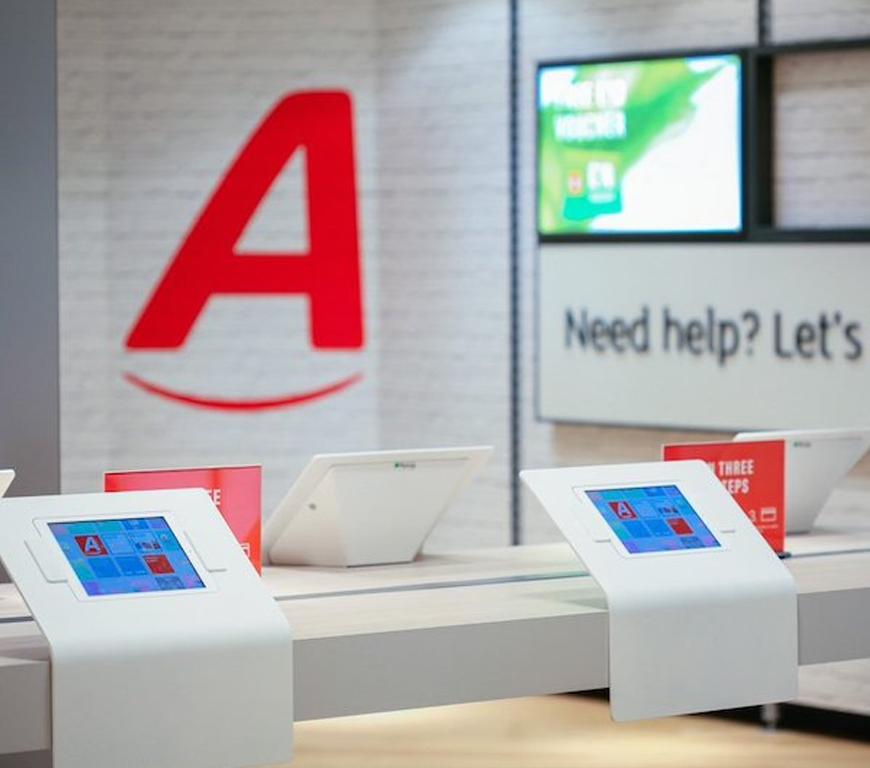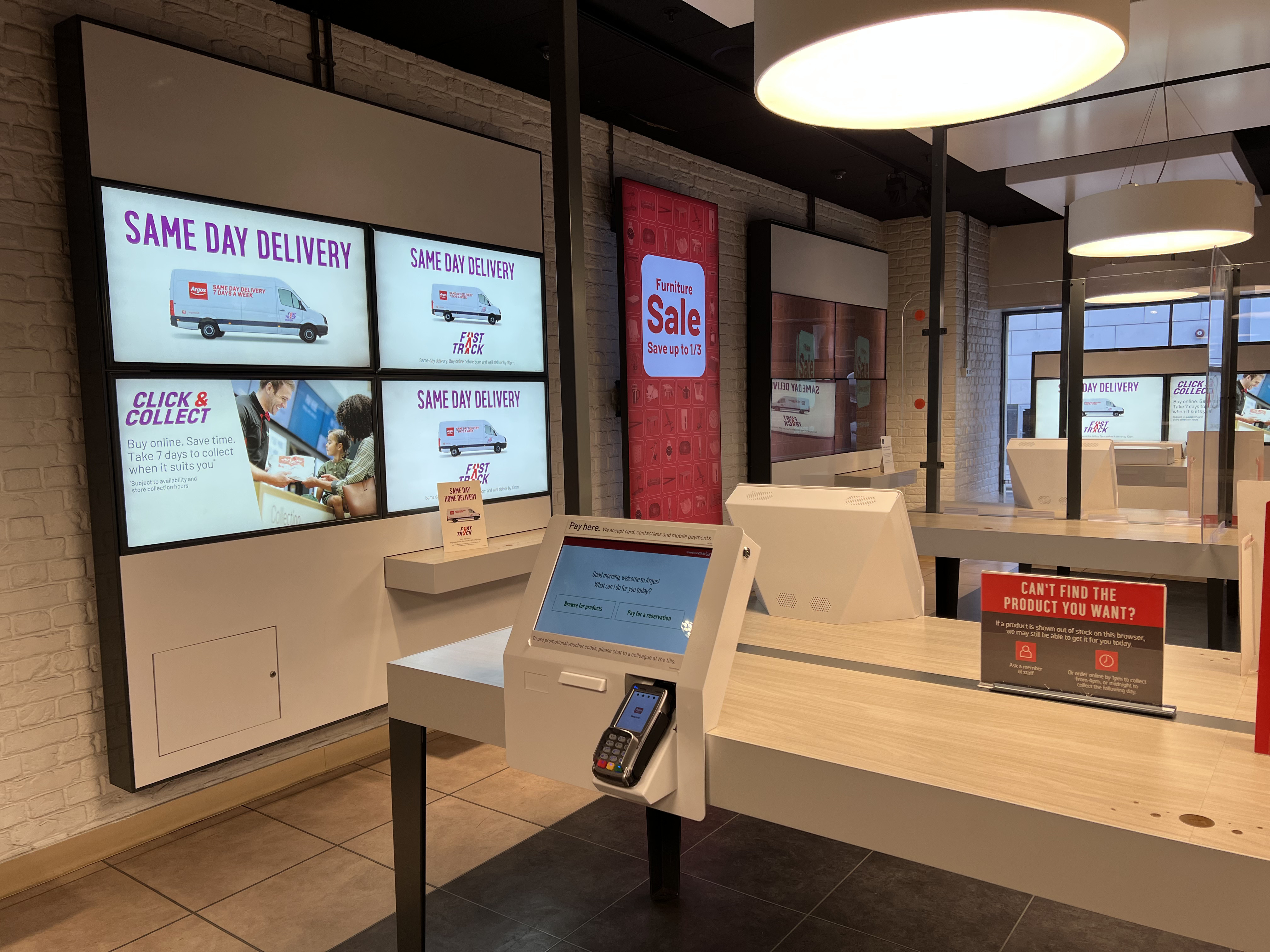Pay Now and Collect Later - P@B Tablets
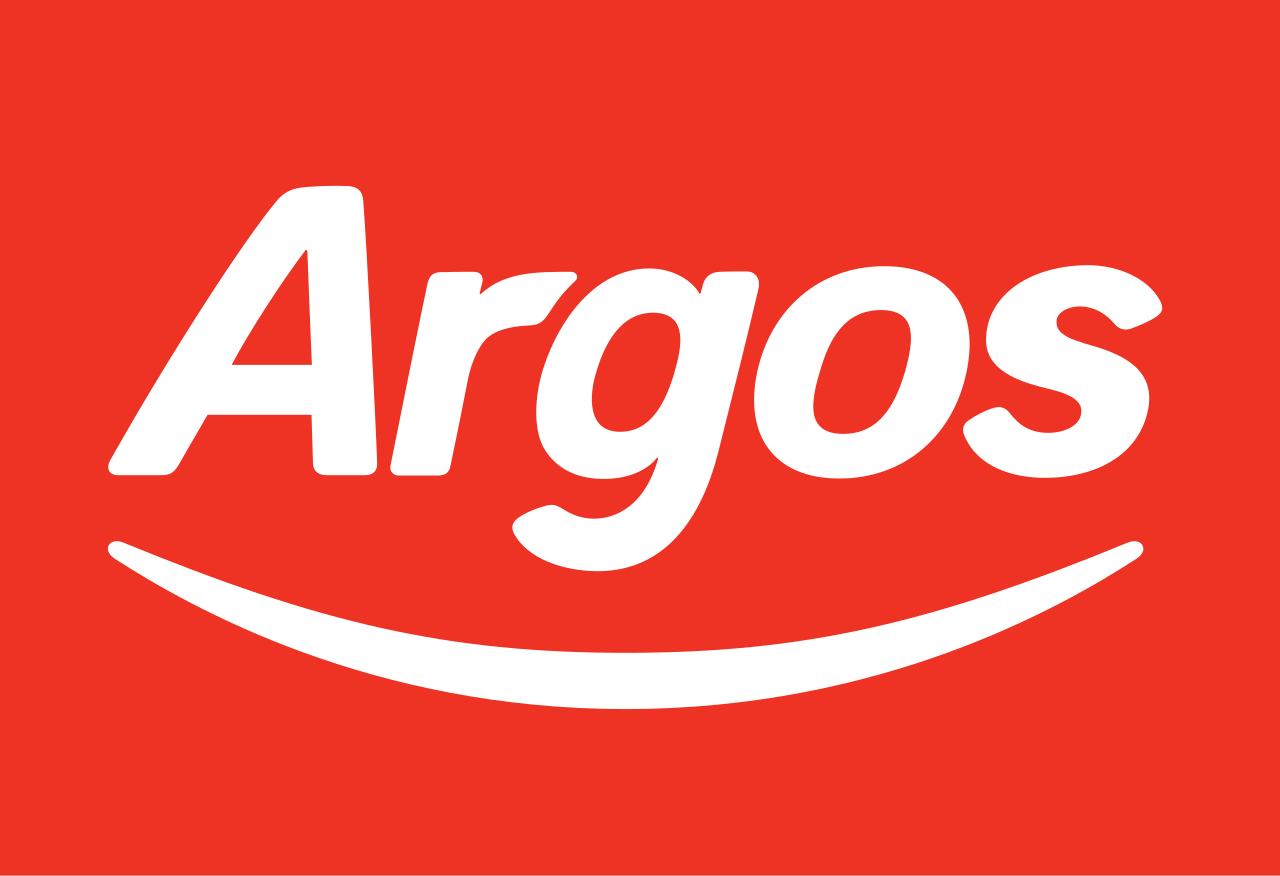
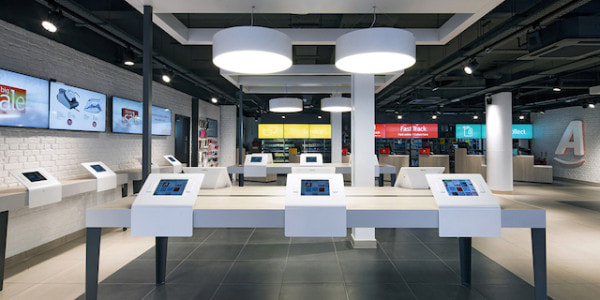

Role:UX Researcher lead
Duration:2 months
Team Size:2 members from the design team
Skills:UX Research
Output:Detailed report with insights &
recommendations for stakeholders
ROI:N/A
Summary/Context
Following previous research success, Argos explored a new retail strategy: "Buy Now, Collect Later." This initiative emerged from insights showing customers frequently visited stores for items, often finding them out of stock.The proposed solution allowed customers to order and pay for an item in-store, with collection scheduled when the product became available. This approach addressed two critical business challenges: reducing abandoned orders and optimising limited store storage space.The design team was tasked with understanding customer receptiveness to this innovative shopping method, conducting comprehensive research to validate its potential adoption and user experience.
Challenge/Problem Statement
The proposed "Buy Now, Collect Later" service confronted multiple complex challenges inherent to Argos's unique retail model:
- High rates of abandoned orders without payment
- Limited in-store storage capacity
- Customer inconvenience of out-of-stock items
- Potential resistance to changing existing shopping behaviors
- Operational complexities of managing partially fulfilled orders
- Ensuring the service provides genuine value across different customer segments
The critical question was whether this innovative approach could simultaneously solve business operational challenges while meaningfully improving customer shopping experience.
Project phases
1
Discovery
2
Ideation & Prototype
Conducted comprehensive multi-regional research using mixed methods including surveys, interviews, and field research across England. Research scope expanded beyond initial product department to include storage, sales, and broader team insights.Outputs: Research scripts, insights board, customer questionnaires, stakeholder mapping.
Developed targeted approach to share findings across departments, with context-specific recommendations and feature proposals.Outputs: Detailed research report, interview documentation, feature backlog.
